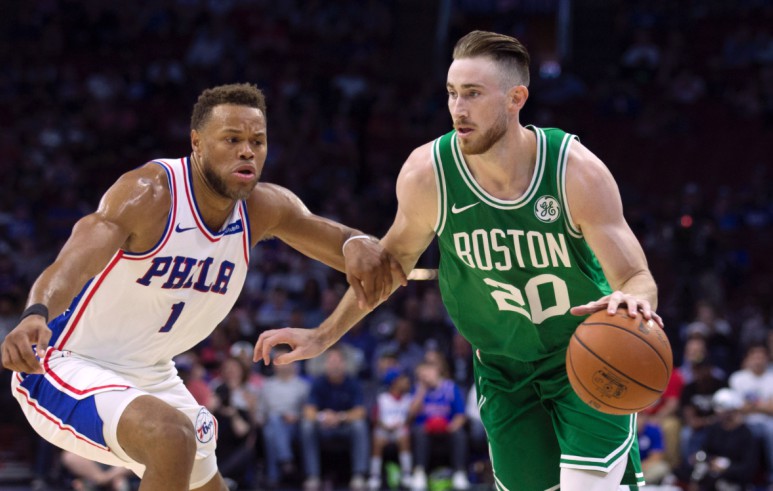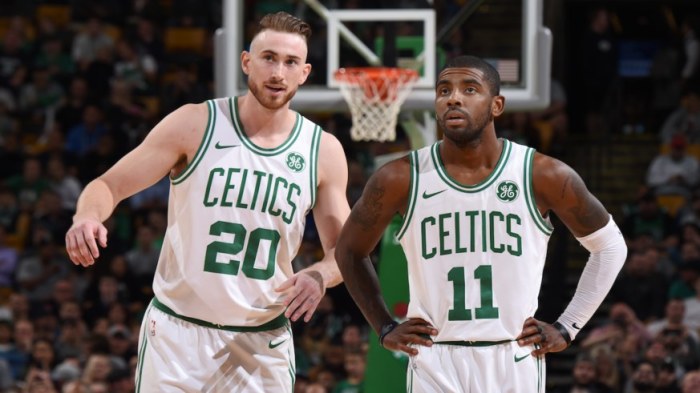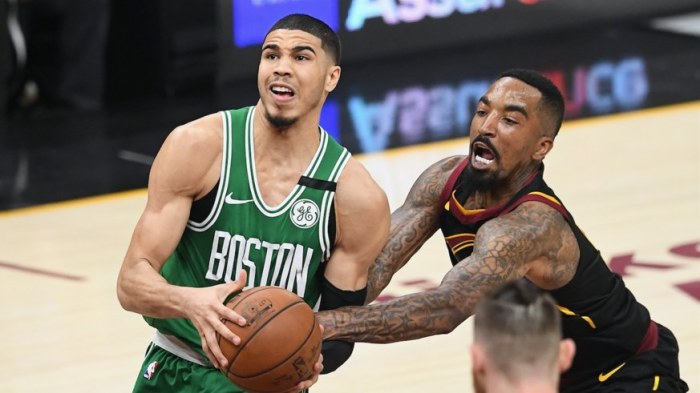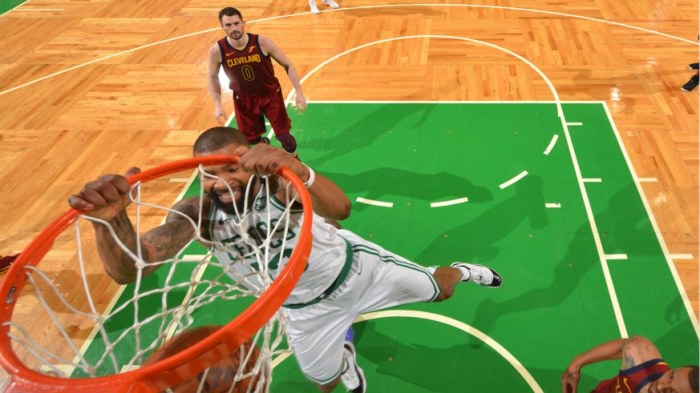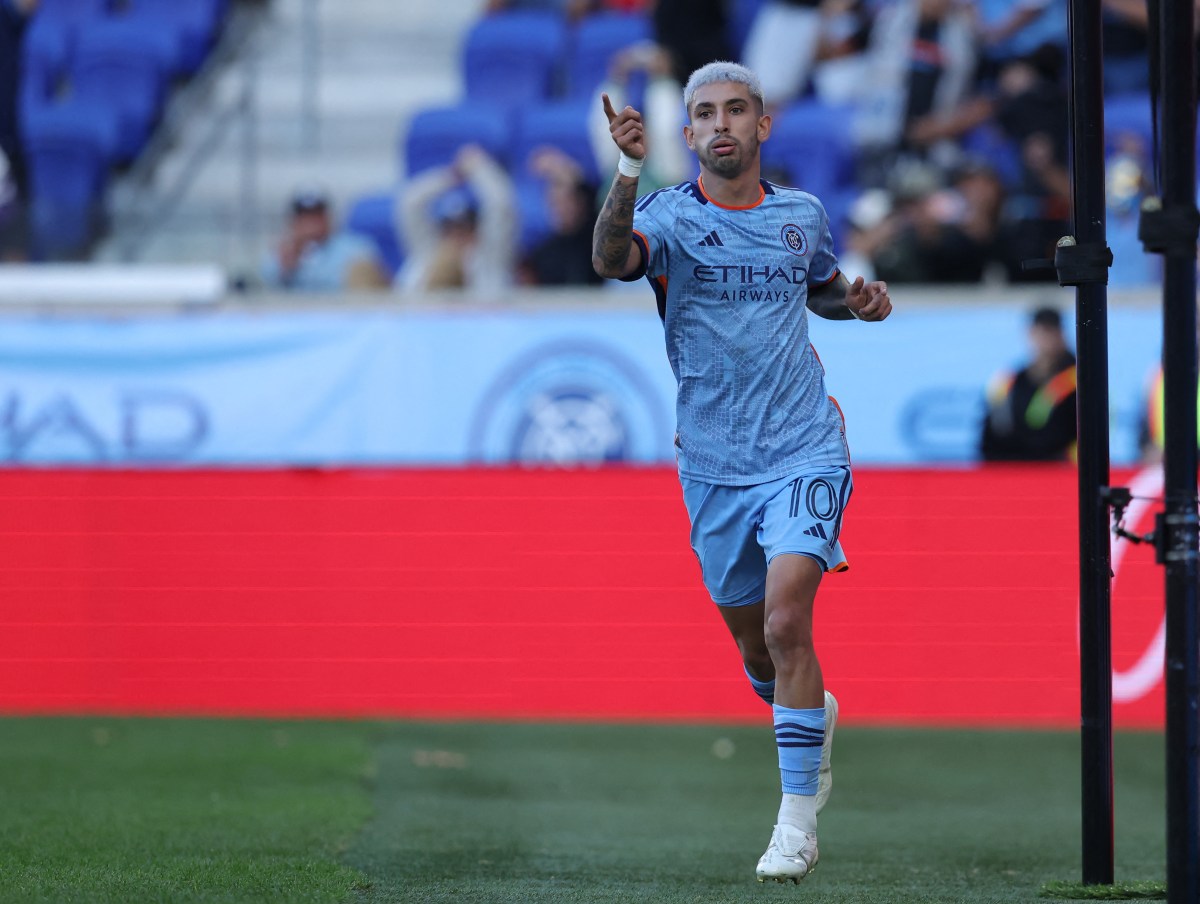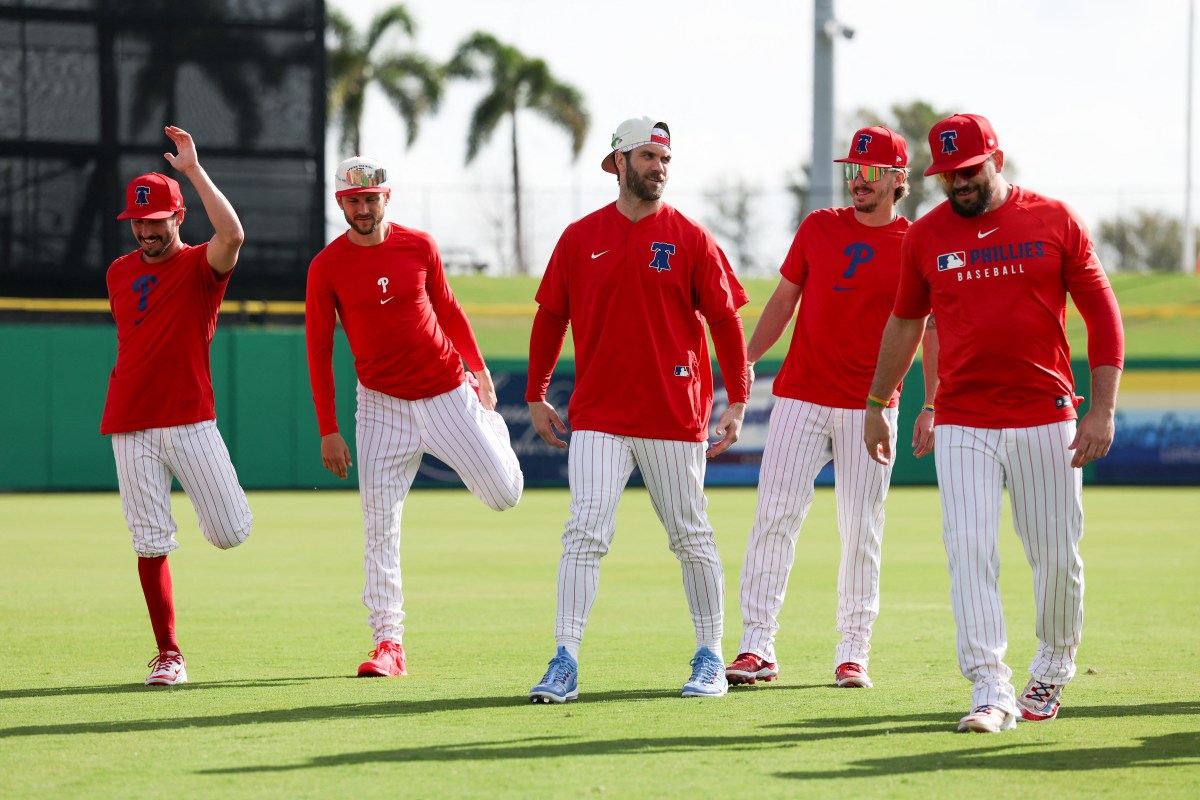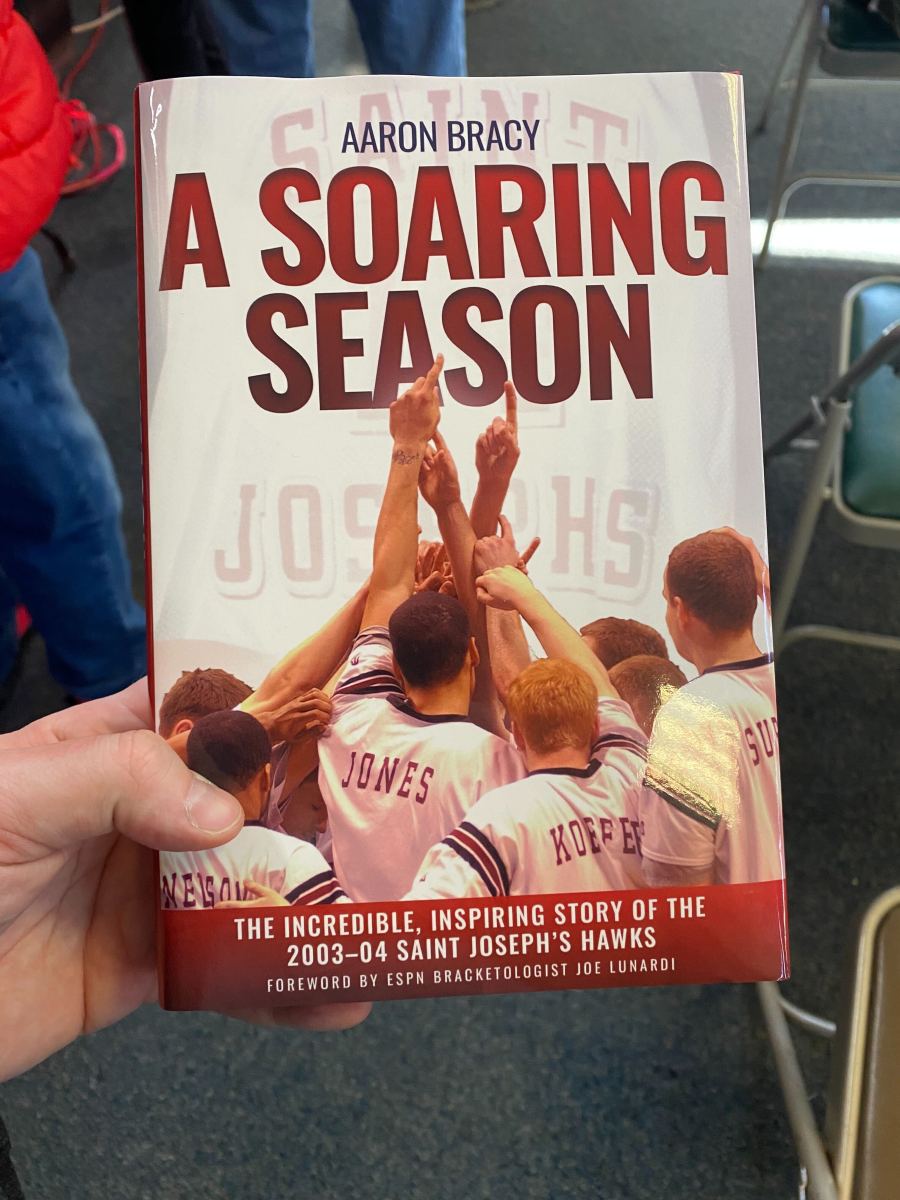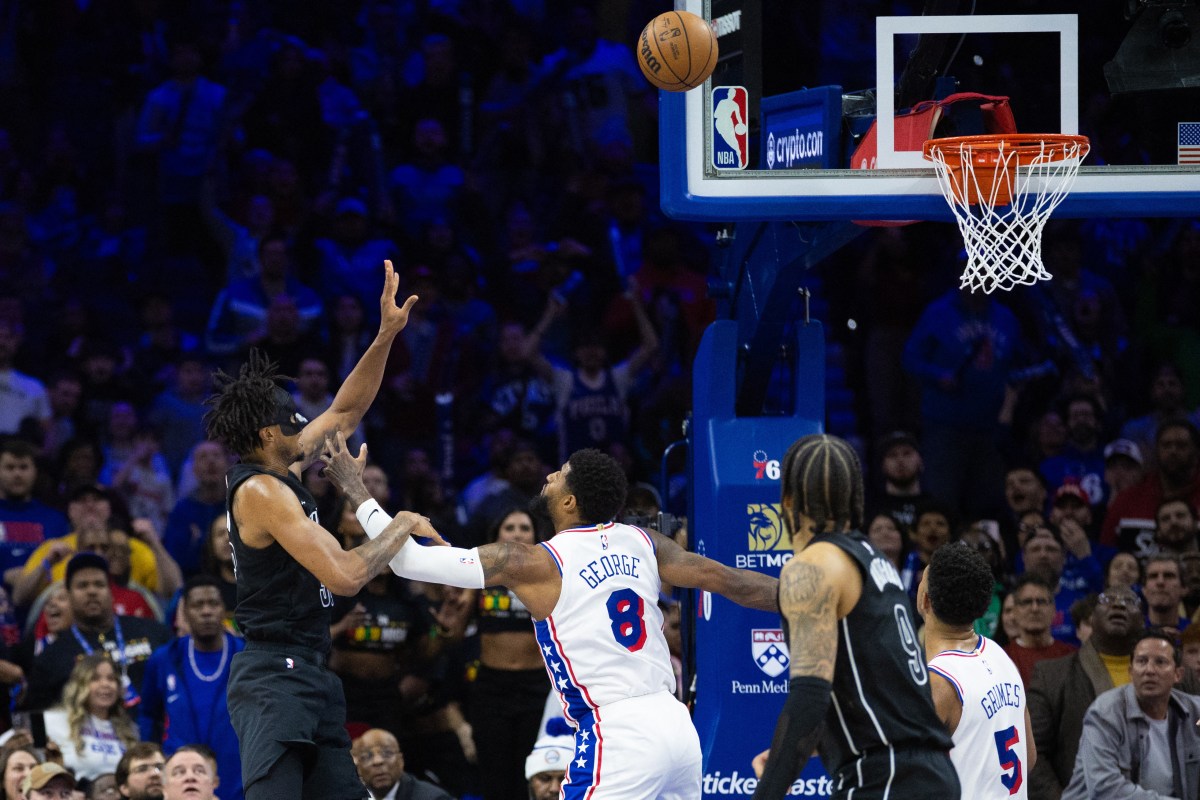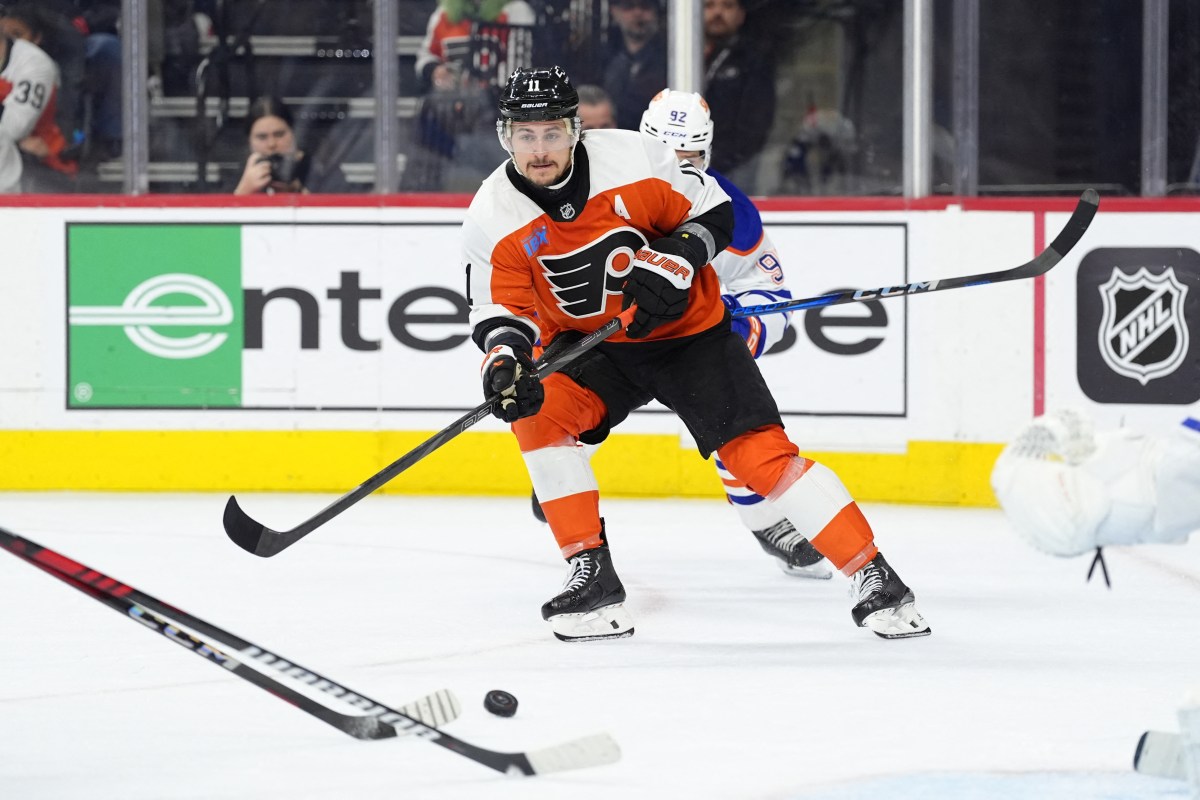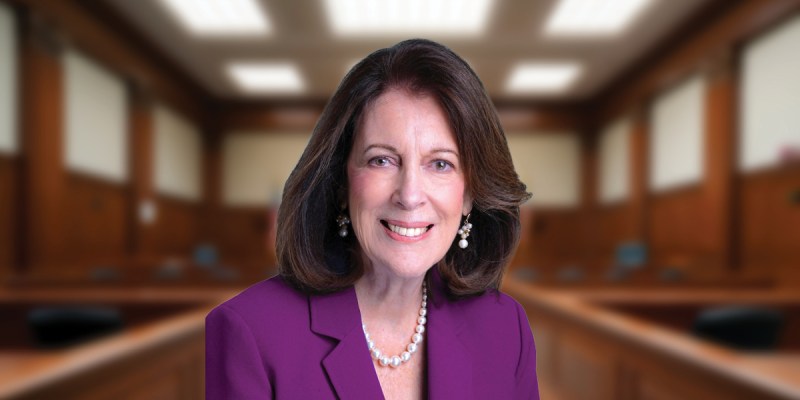For whatever reason, one of the main components of a typical Boston sports fan is an irrational amount of panic about what lies around every corner. Despite countless championships for all of our local teams in recent history, dread and worry still fill our airwaves and websites.
Celtics fans are sometimes cleverly referred to as “Green-teamers,” and for good reason: Unlike the other fan bases, they always see a brighter side of average squads while also constantly overrating their own players.
That’s what has made this season for the Celtics (18-11) so interesting because after the team started 10-10, there had to be a scapegoat. After some deliberation, much of the blame for the club’s unexplainably poor start has fallen on Gordon Hayward.
In his ninth season in the NBA out of Butler University, Hayward was an All-Star in his last season with Utah (2016-17) as he became the best player on a playoff team in the always-tough Western Conference. It was always assumed that he would come to Boston in free agency since his old college coach Brad Stevens just so happened to be the Celtics’ head coach.
Still, it was a big deal that Boston could lure a marquee free agent like Hayward when for years, this had been a place that most NBA stars avoided.
We’ll always remember his gruesome ankle injury suffered five minutes into his Celtics career, which is why you have to give him ample time to work back into shape as the solid all-around player that he used to be.
To begin the season, Stevens had Hayward in every starting lineup. When the team kept underperforming and losing to teams that it had no business losing to, it was evident that a change had to be made.
For his career, Hayward averages 15.4 points per game, 4.2 rebounds per game, 3.4 assists per game and one steal. He also is a lifetime 44.3 percent shooter from the floor, including 36.6 percent on three-pointers.
His numbers this season are noticeably down: 10.9 points per game, 41.6 percent from the floor and 34.0 percent on three-pointers. He has been playing better of late, though, as he appears to have embraced a sixth-man role. It also has to be noted that he is shooting better from the free-throw line (89.1 percent) and grabbing one more rebound per game.
At age 28, Hayward has not forgotten how to play basketball; he was a lottery pick (ninth overall in 2010) for a reason. Rather, he simply has been rehabbing in-season from a horrific injury, the likes of which he’d never had to go through before.
The bottom line is that on a team already filled with a star like point guard Kyrie Irving (22.7 points per game), a dependable veteran center like Al Horford (12.4 points per game) and budding franchise cornerstones like Jayson Tatum (16.7 points per game) and Jaylen Brown (11.7 points per game), Hayward does not have to carry this more-than-capable group by himself.
You can tell, too, that his teammates genuinely care about him (and know how important he is in the bigger picture) since when he nearly had a triple-double on Dec. 1 at Minnesota (30 points, nine rebounds, eight assists, two steals in 30 minutes) off the bench, they were all cheering like crazy.
Boston kicks off a four-game homestand on Wednesday (7:30 p.m., NBC Sports Boston) as the lowly Suns (6-24) come to town. Better matchups come on Friday (8 p.m., NBC Sports Boston) as they host the Bucks (19-9) and Sixers (20-11) on Christmas Day (5:30 p.m., ABC). Kemba Walker and Charlotte (14-15) are also here on Saturday night (6 p.m., NBC Sports Boston).

